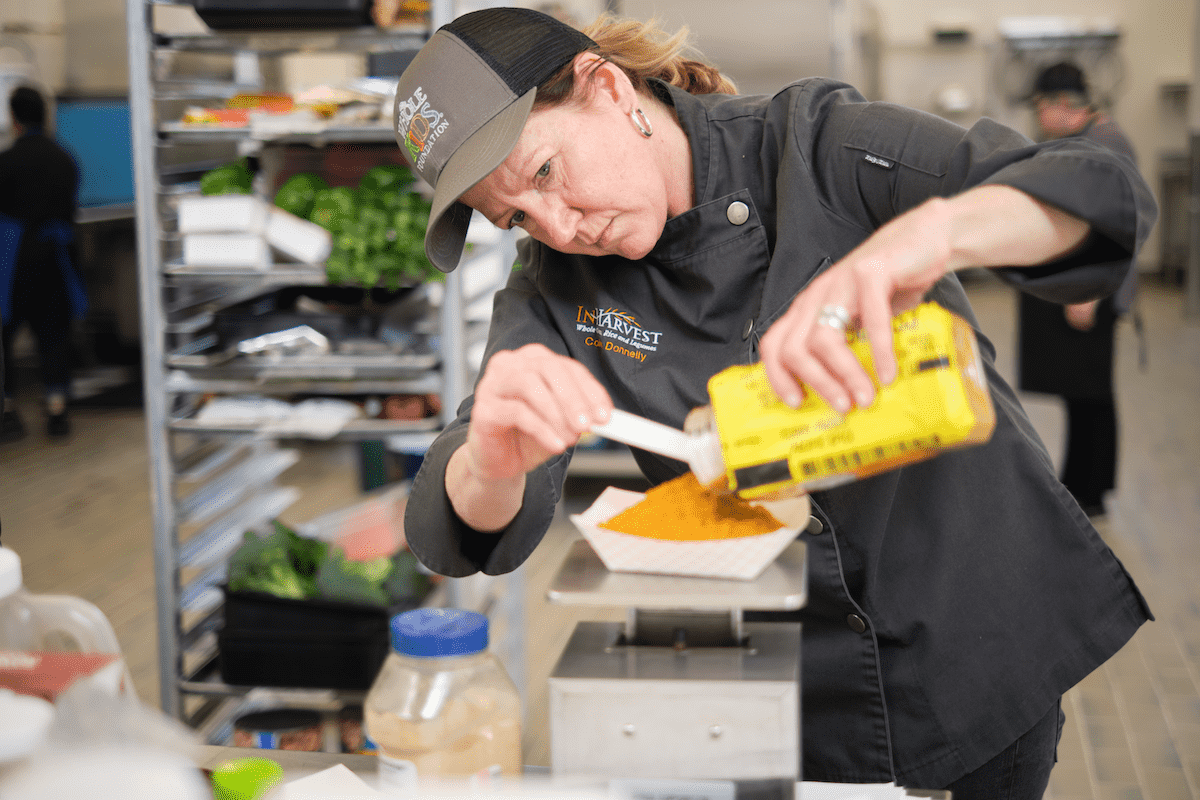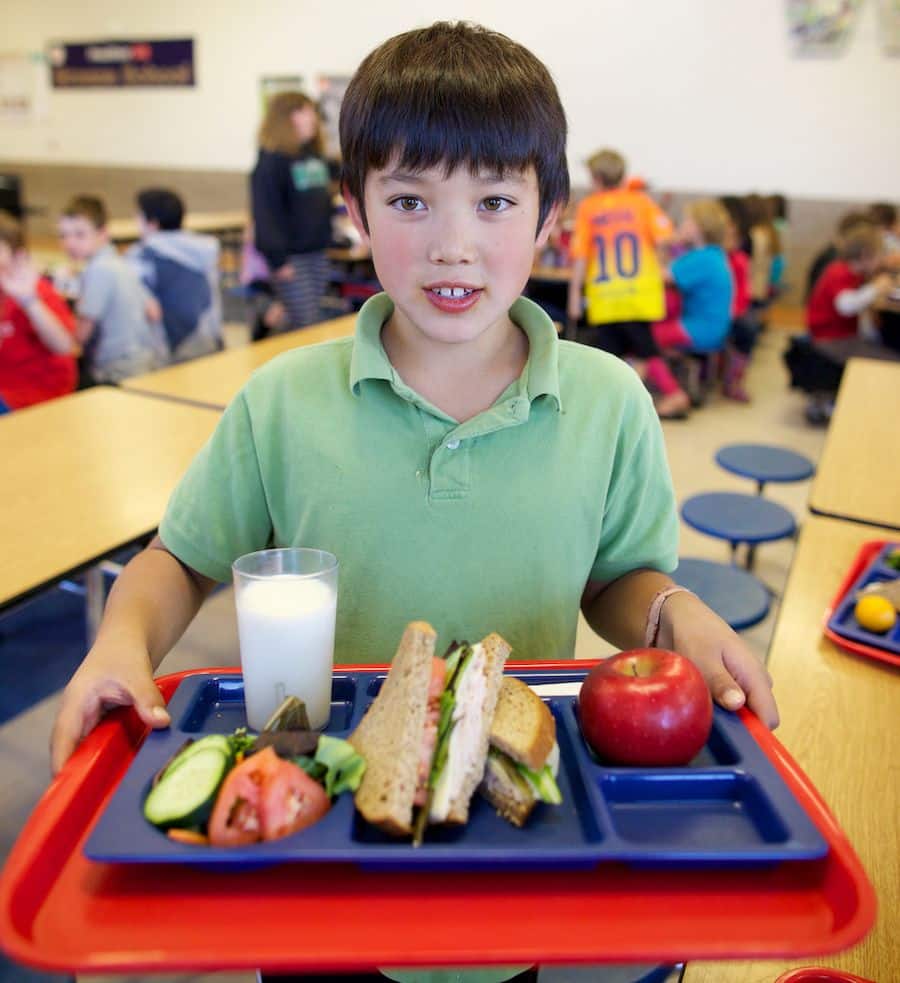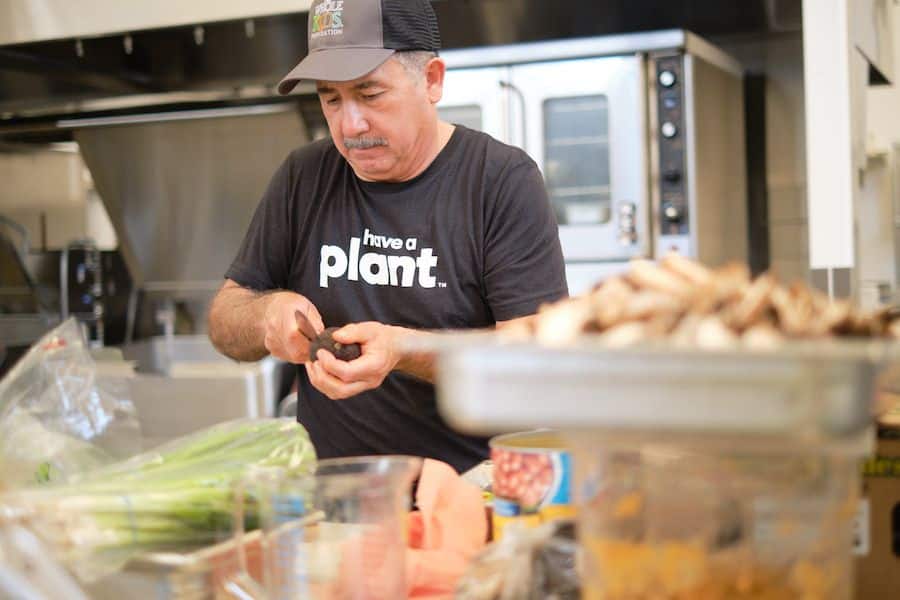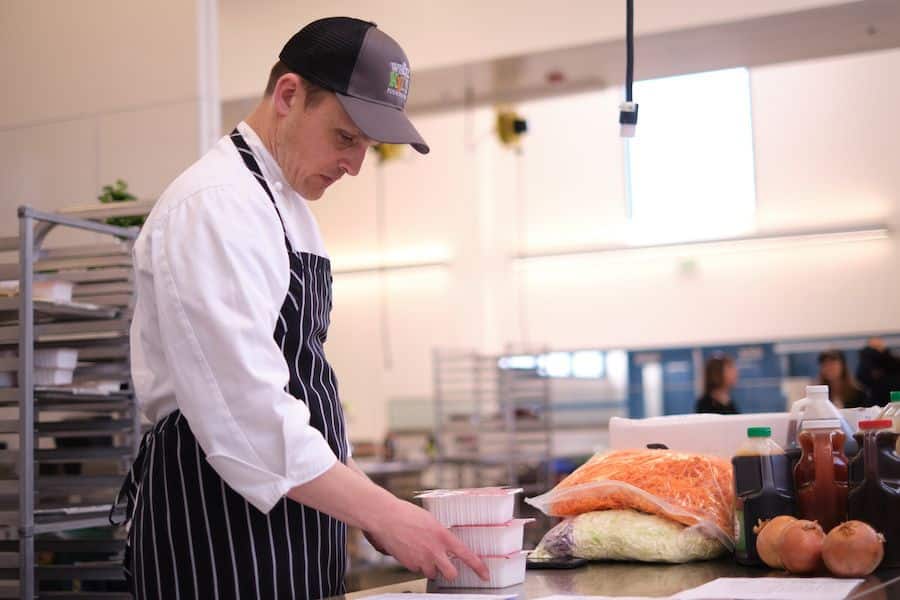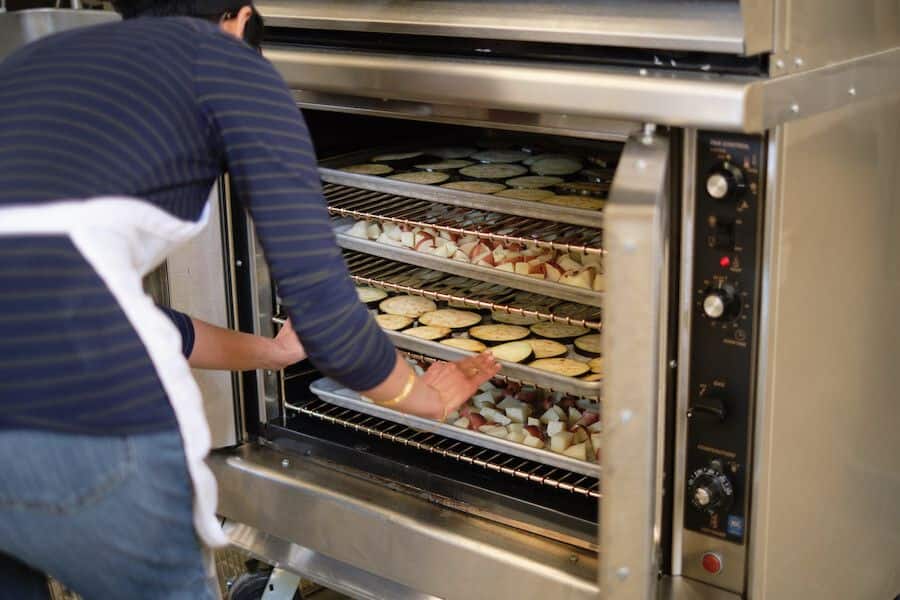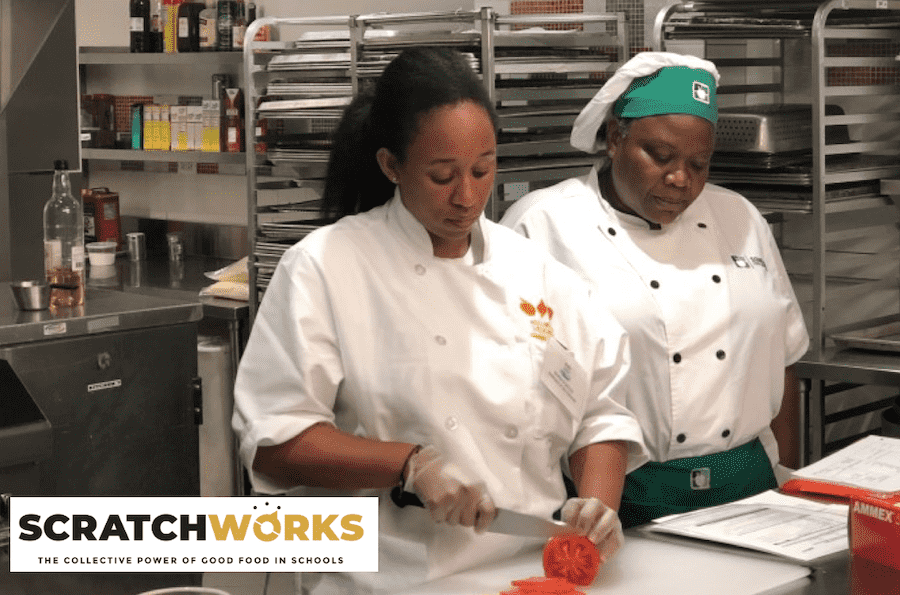School Food Today
Today, the NSLP funds low-cost or free school lunches to children in more than 101,000 institutions, most of which are public or non-profit private schools. Participating schools are required to serve lunches that meet minimum nutrition requirements set by the government. Nearly 31 million school kids are served school lunch every day, and children consume up to 50% of their daily calories at school.
As a part of COVID-19 assistance passed by Congress, the USDA reimbursed school districts nationwide for free meals to all students, regardless of income, for the 2021-22 school year. But Congress did not continue the funding this school year. So, some states like California and Maine have since passed universal free school meal programs, but most have not. In those states, eligible families must apply to receive free or reduced-price meals for the current school year.
Every Cent Counts
The NSLP reimbursement rates for the current school year of 2022-2023 are $4.33 per free meal and $3.93 per reduced meal. Unfortunately, this reimbursement isn’t just used to purchase food. It needs to cover the total school lunch service cost, which also includes labor, administrative labor, supplies, maintenance, transportation and more. On average, only around 45% of reimbursement costs go towards food leaving school food directors and other decision-makers in school districts with the difficult task of balancing the need and desire for appetizing, nutritious food with the realities of razor-thin budgets.
It’s not just a lack of funding that is stalling progress towards school lunches being made from fresh, wholesome ingredients. Roadblocks for school districts also include the availability of skilled labor, training costs, fear of non-compliance, financial literacy, supply chain issues, and more.
So, where does this leave us? And what can we do?

